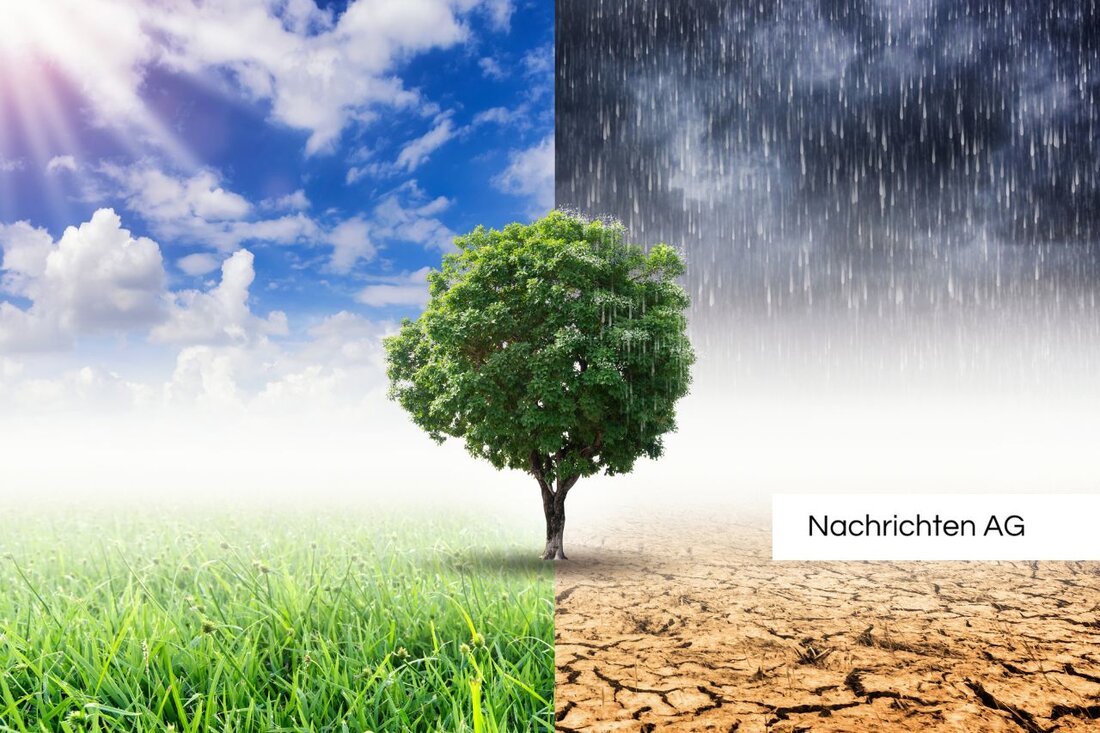Hay fever is on the way: This is how Germany is fighting against the flood of pollen!
Hay fever affects 15% of Germans. Climate change is extending the pollen season. You can find tips for relief here.

Hay fever is on the way: This is how Germany is fighting against the flood of pollen!
The hay fever season has begun and a large number of pollens characterize the air in Germany. Loud tagesschau.de Around 15% of the population suffers from hay fever, making allergic rhinitis one of the most common diseases. These allergies are mainly triggered by pollen from wind-pollinated plants, especially grasses. Pollen levels reach their peak particularly in the months from May to August.
The most common symptoms of hay fever include watery eyes, itchy mucous membranes and a runny nose. Varieties such as rye grass and timothy grass are particularly allergenic, while rye is considered a strong allergy trigger, the stalks of which can produce around seven million pollen grains. On average, grasses release about four million pollen per plant, and they are widespread in various habitats such as meadows, roadsides, gardens and forests.
Influences of climate change
Since 2020, higher pollen levels from grasses have been observed, which is partly due to climatic conditions. Warm and dry weather during the peak flowering period extends the pollen season. In addition, climate change promotes the development and spread of allergies due to higher temperatures. How hausarztpraxis-am-romanplatz.de As explained, hay fever is a miscontrolled reaction of the immune system to harmless environmental components, especially pollen from trees, grasses or herbs. When it comes into contact with the pollen, the immune system reacts by releasing histamine, which causes the typical symptoms.
The symptoms often appear suddenly and worsen during the pollen count, but usually improve indoors. The rise in pollen allergies is also influenced by climate change, which is changing the pollen season as well as the pollen concentration in the air. Various treatment options such as antihistamines and nasal sprays are recommended for those affected, while hyposensitization over the years can help relieve symptoms.

 Suche
Suche
 Mein Konto
Mein Konto
